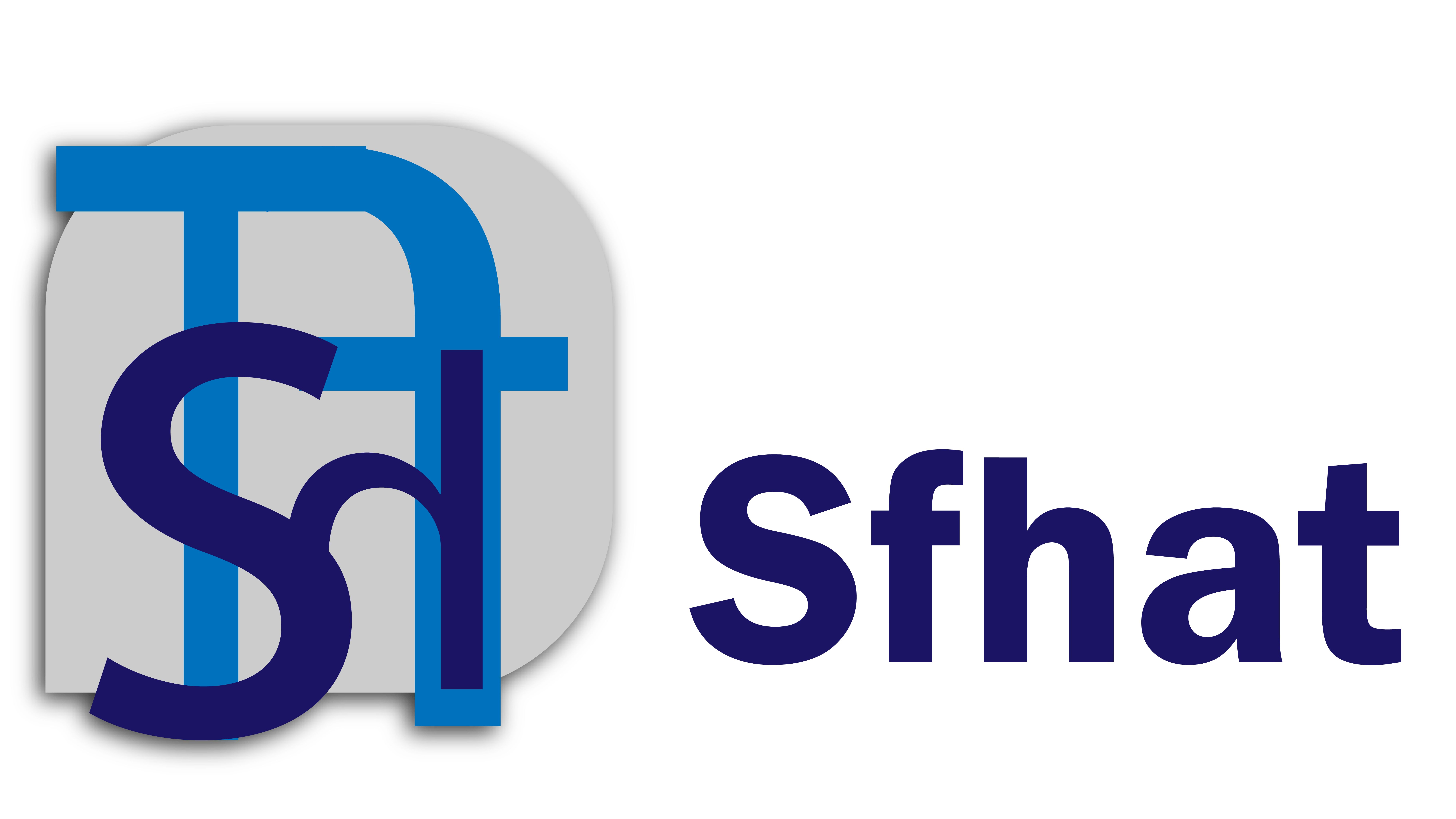ADHD therapists play a critical role in giving comprehensive and designed help to individuals handling Attention-Deficit/Hyperactivity Disorder. These very qualified experts carry a distinctive expertise that combines mental expertise with a nuanced comprehension of the issues associated with ADHD. From analysis to healing interventions and constant help, ADHD therapists lead significantly to the well-being and achievement of their clients.
One of many major responsibilities of ADHD practitioners is performing complete assessments to diagnose ADHD accurately. Through clinical interviews, behavioral findings, and standardized assessments, counselors seek to know the individual’s cognitive, psychological, and behavioral patterns. This diagnostic understanding allows practitioners to develop customized treatment programs that address the precise needs and talents of each client.
Therapeutic interventions are in the core of the task of ADHD therapists. Cognitive-behavioral treatment (CBT) is commonly used to help people with ADHD control their symptoms, improve government working skills, and develop coping strategies. Also, therapists frequently incorporate mindfulness methods to improve self-awareness and increase emotional regulation, knowing the interconnected nature of cognitive and psychological well-being.
ADHD therapists expand their expertise to various life domains, including associations and family dynamics. Family therapy is an invaluable approach, especially when working with kiddies and adolescents with ADHD. Counselors collaborate with family members to enhance conversation, understand the influence of ADHD on family character, and develop methods for creating a encouraging and nurturing home environment.
Educational psychology becomes a central level when working with students with ADHD. Therapists collaborate with educators to apply rooms, Individualized Knowledge Applications (IEPs), and conduct administration strategies. That collaborative approach ensures that students obtain the necessary support to thrive academically and socially.
Beyond personal and family treatment, group therapy can be quite a useful modality for people with ADHD. Party periods provide a supporting setting where persons can share experiences, learn from one another, and build social skills. Practitioners facilitate these periods, fostering a sense of community and knowledge among party members.
ADHD counselors also understand the significance of approaching coexisting situations that always accompany ADHD, such as for instance panic or depression. Integrative strategies that consider both the neurobiological areas of ADHD and the emotional well-being of the in-patient are critical in giving holistic care. Therapists perform collaboratively with customers to develop coping systems and techniques to understand the psychological difficulties related to ADHD.
Along with their clinical roles, ADHD therapists may possibly adhd therapist near me lead to analyze in the field. By completing reports on successful beneficial techniques, interventions, and the impact of ADHD on various areas of life, practitioners lead valuable insights to the broader comprehension of ADHD. This study informs evidence-based practices and contributes to continuous improvements in the field.

To conclude, ADHD counselors offer as necessary lovers in the trip of an individual with ADHD, providing not only beneficial interventions but also guidance, help, and advocacy. Their holistic strategy realizes the multifaceted nature of ADHD, addressing cognitive, emotional, and behavioral aspects. Through a variety of medical knowledge, concern, and constant venture, ADHD therapists encourage their clients to navigate the difficulties of ADHD and cause fulfilling lives.

Leave a Reply